Created by the multi-talented Tima Shomali and Shirin Kamal, AlRawabi School for Girls is a teenage drama series about a small group of outcast teenagers who join forces to exact revenge on their high school tormentors. This Netflix Arabic language original (we reviewed another one of their Arabic offerings, Paranormal, last year) may look and feel like bog standard YA fare but it harbours much deeper and darker ambitions. Don’t let its tropey veneer fool you, this thing has something to say!
Umapagan Ampikaipakan: The problems faced by high school students are universal. The struggle is real, whether you live in Orange County or the Upper East Side, in Spain or in Jordan. Getting good grades, wanting to fit in, falling in love, dealing with bullies, are things that all teenagers will encounter at some point in their adolescent lives. Now, we’ve seen these stories hundreds of times before and we can pretty much work out how these things play out. But much like how CODA gave us a fresh take on an old story, AlRawabi School for Girls leans into its cultural context to create characters that face familiar problems but deal with it in new and interesting ways.
The series begins by borrowing ideas from everything that has come before (Elite, Gossip Girl, etc.), easing you in with the recognizable, before using character and culture to set itself apart.
When the series starts, we think that this is Mariam’s (Andria Tayeh) story. We think that this is going to be about a girl who has been relentlessly bullied and plots her revenge. The series, however, very quickly subverts those expectations with every episode as we are taken into the inner lives of both the bullied and the bullies.
The way these characters are developed blew me away. There is so much nuance here that I was left completely lost as to what was right and what was wrong. I wanted justice, but I had no idea what justice was.
Bahir Yeusuff: The stroke of genius here from Tima Shomali and Shirin Kamal was to make AlRawabi a limited series. They had six episodes and they filled them to the brim. Nothing is dragged out for the sake of drama. They didn’t need to save a big reveal or a big blow out. They had 264 minutes to tell this story and not a second is wasted.
The first episode or two didn’t quite catch me. It felt like another high school drama about bullies and the quiet weirdos. But you’re right, by starting with the familiar, it meant that the rest of the show plays like an out of control freight train. Not in a bad way, but by utilizing escalation in a manner that will leave you completely invested in these lives.
Despite it’s familiar theme and starting point, there is so much here that an American production would not touch. The descent into villainy was so exquisite that I found myself just laughing with glee. Not because I’m a madman mind you. It’s just so exciting to see AlRawabi pull off the unimaginable.
Into the Thick of It
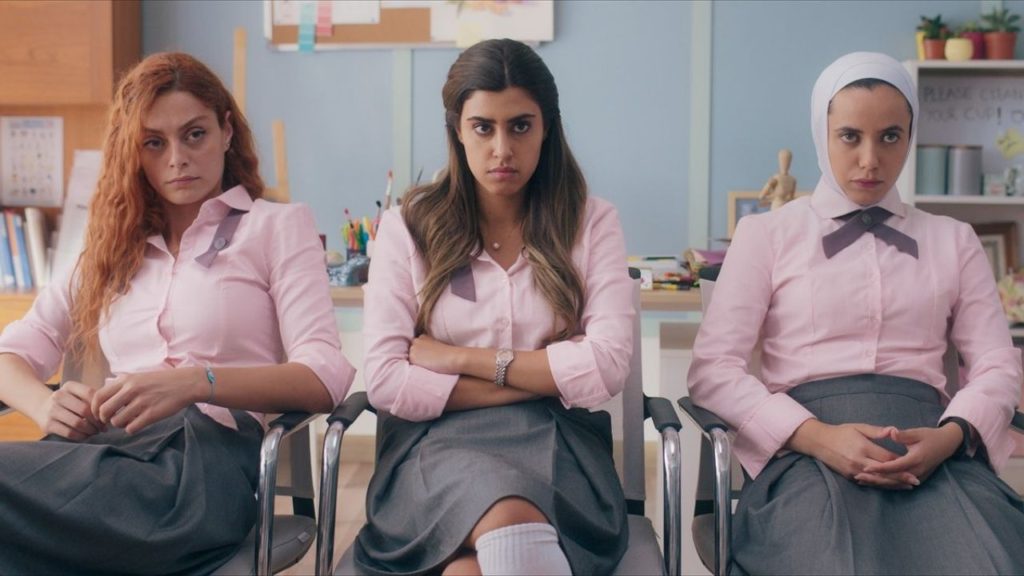
BY: So tell me if you do this. As you’re watching a show, specifically a series, do you start to put yourself in the shoes of the writer more than the show’s protagonists? Because when I’m watching something, especially something like AlRawabi, I no longer start asking if what I would do if I was in Mariam’s shoes, but rather, as a writer, what would I WANT Mariam to do. Or what would I want the series to do? Do you do that? Because I found myself completely blindsided by what happens at the end of this.
UA: Oh, absolutely. I think one of the things that all of us have to do as critics is to think like a writer, or a director. Because it’s important to understand where they’re coming from and what their intentions are. Especially when trying to explain why we like or dislike something.
It is also what makes something like AlRawabi School for Girls so exciting. Because we’re so used to thinking in line with “western” storytelling techniques, because we’re so exposed to that particular narrative structure, it’s always a thrill when we’re thrown for a loop. So, for me, it’s a lot of fun trying to get into the mind of all these different writers. Especially when they subvert my expectations.
I think what I loved most about the character journeys in AlRawabi was how gradually the writers built on everything that came before. Every incident, good and bad, was constantly pushing and pulling at who these girls were and what they believed. What feels, at first, like one note characters, eventually grow to become complex human beings.
Mariam’s descent into darkness, in particular, was the most fascinating to me. This is your beautiful, smart, competent, and compassionate teenage protagonist, this is the person that you are supposed to feel for, and root for, and the way the series slowly dismantles who she is, making her harder, and more unforgiving and ruthless, is absolutely brilliant.
BY: There is so much here that is new, or at least new to us. There is nothing overly dramatic here. Your description of Mariam as “beautiful, smart, competent, and compassionate” is used in her favour, maybe not so much in the story, but definitely in the way we perceive her. I was constantly waiting for the moment when the writers would chicken out and make Mariam turn back. To give her some “bigger person” victory. To make her take the high road. I love that she never does. This is supervillain origin story in some ways. Mariam will take over the world.
UA: I don’t know about you, but I am very tired of the “be the bigger person” resolution. Yes, I expect forgiveness and compassion in the real world. But my expectations from fiction are different. I want them to lean into the fantasy. The story may be built around the real, but surely the function of fiction is to push things to their logical, even illogical, limits. I want to see how these “what ifs” play out. Sometimes they’re happy. Sometimes they’re not. And sometimes, they’re downright unforgivable. Which, in many ways, kind of sums up the range of our human experience. AlRawabi succeeds in giving us exactly that. The scope of these six episodes is quite far reaching.
Only In Arabia
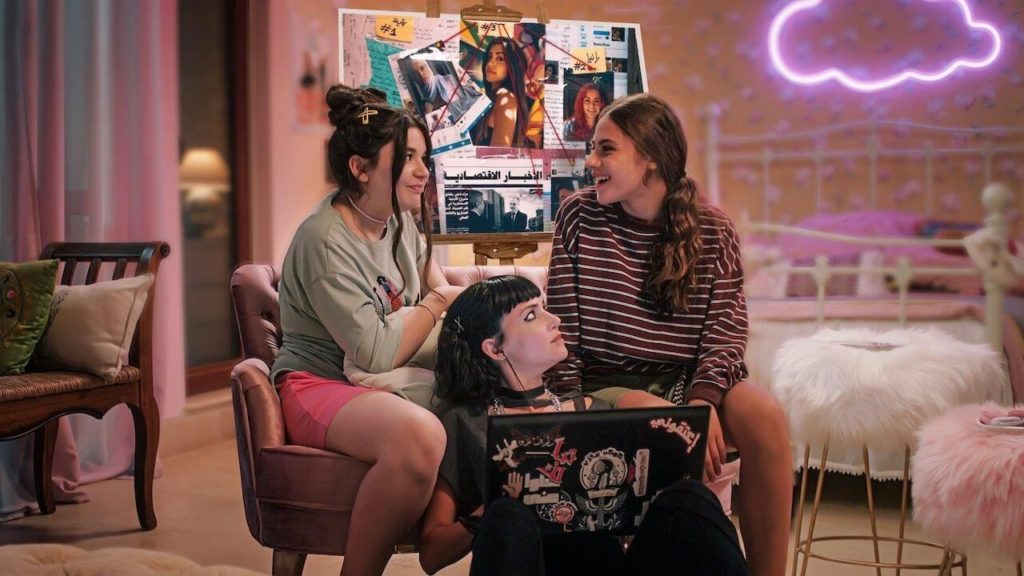
BY: There was also a beautiful balance to the characters. As a viewer I found my allegiances constantly shifting between Mariam (the bullied) and Layan (the bully). From rooting for Mariam’s revenge, to feeling sympathy for Layan and her mean girls clique, to being reminded as to why Mariam was doing all of this in the first place. It was great writing and story plotting, and not many shows dare to do that. Sure there is the Breaking Bad thing where the good guy goes bad over several seasons, but to do that it in just six episodes and not six seasons? To do it with characters that you don’t barely know and to keep going back and forth? Just wonderful.
AlRawabi is also a great indication of what can be done in a fairly simple production, with minimal locations, a manageable ensemble, all pulled together by a really tightly written and well plotted script.
UA: Much like Elite, the series doesn’t spell out its setting (even though it was shot on location in Amman, Jordan), but uses its religious and cultural context in a cunning way. The characters here are representative of a certain class, and what we see is how those strictures play a part in who they are and how they live their lives. There is a constant conflict between modern freedoms and how their conservative values come into play in times of crisis. God knows it’s something we can relate to very well over here.
So despite the show’s lack of specificity regarding where it’s set, it nevertheless still has a very strong sense of place.
BY: I preferred that the writers didn’t weigh the audience down with preconceptions of the Middle East. This isn’t that story. Maybe in some ways, but AlRawabi School for Girls is a story that can be told in any number of places around the world. Setting it where they did, however, adds a new layer of storytelling opportunities. There is a “dirty picture” that goes around school that would not play the same way in, say, a high school in Texas. But you can see it happening here in Malaysia. There is a reaction to a relationship that would be far less dramatic if you’re anywhere else in the world, except probably in the Middle East. But none of it is spelt out for the audience. If you know, you know. If you don’t, that’s fine too.
For me AlRawabi is a more interesting story than something like Control Z (which I also just love). Control Z is very good, but an English language remake of that script, set in an English language country, wouldn’t give you anything new. In AlRawabi, the setting adds a spice that makes it all the more engaging.
Middle East Mean Girls
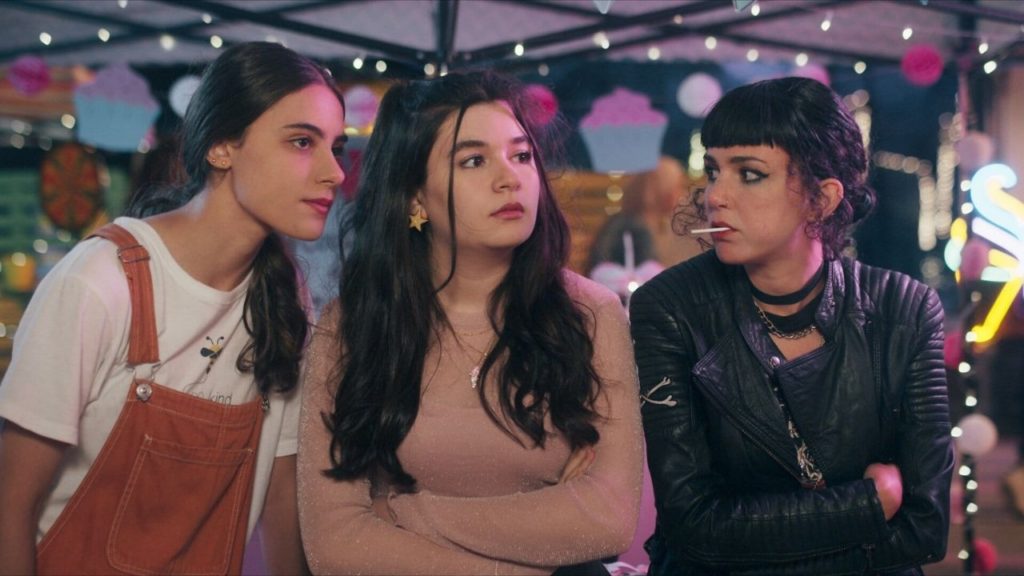
UA: I also want to say that all the girls are just excellent. Andria Tayeh’s slow burn as Mariam is masterful. Yara Mustafa who plays the unpopular Dina is goofy and wildly funny. Rakeen Sa’ad who plays, Noaf, the new girl with a past, manages to bring something new to an otherwise tropey character. But for me, it’s Noor Taher as Layan who really steals the show.
Playing the “villain” is always fun. But Noor Taher manages to layer her character in surprising ways. We don’t feel for her because she too has “issues” that justify her behaviour. We feel for her because of action and consequence. She plays out every one of her interactions in two ways. One moment she’s being self-involved and mean, and in the next, she’s wondering if her best friend is okay. It’s good writing, made great by a fantastic performance.
BY: I really loved watching Andria Tayeh’s turn as Mariam. The way she plays Mariam’s descent from innocent bystander, to victim, and finally victor, is completely believable and well measured. When she scowls at the end of the series, surveying the havoc she had wreaked, it sent a chill down my back. And yet, she never came off as having a dastardly grand plan. Even when she moves her friends around like chess pieces, it never comes off as sinister, more as insensitive and self-involved.
What’s more, nothing that Mariam does is unjustified. She doesn’t break any laws. She doesn’t murder anyone. This isn’t a revenge plot because someone stole her boyfriend. She was beaten up and badly hurt. She was practically left for dead. Her life all but ruined. Did her plan have an unintended unfortunate outcome? Sure. But that really isn’t on her. So for me, this was an absolute win for Mariam.
UA: Which speaks to the genius of this series. In that it asks you to pick a side. Are you with Mariam or against her? It is the one question that every character – and everyone in the audience – has to confront. And your answer, for or against, is a reflection of your own views of what justice is, and what you’re willing to live with. God knows it’s been a long time since a series has left me this ethically confused.

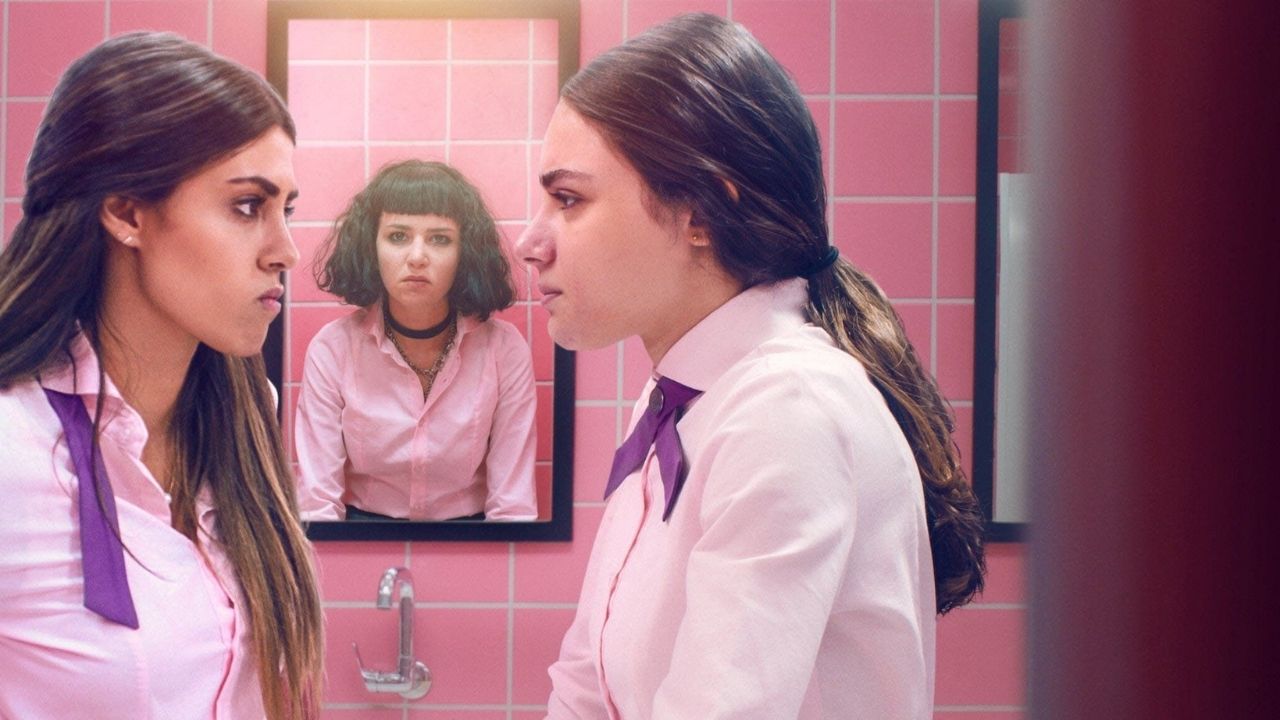
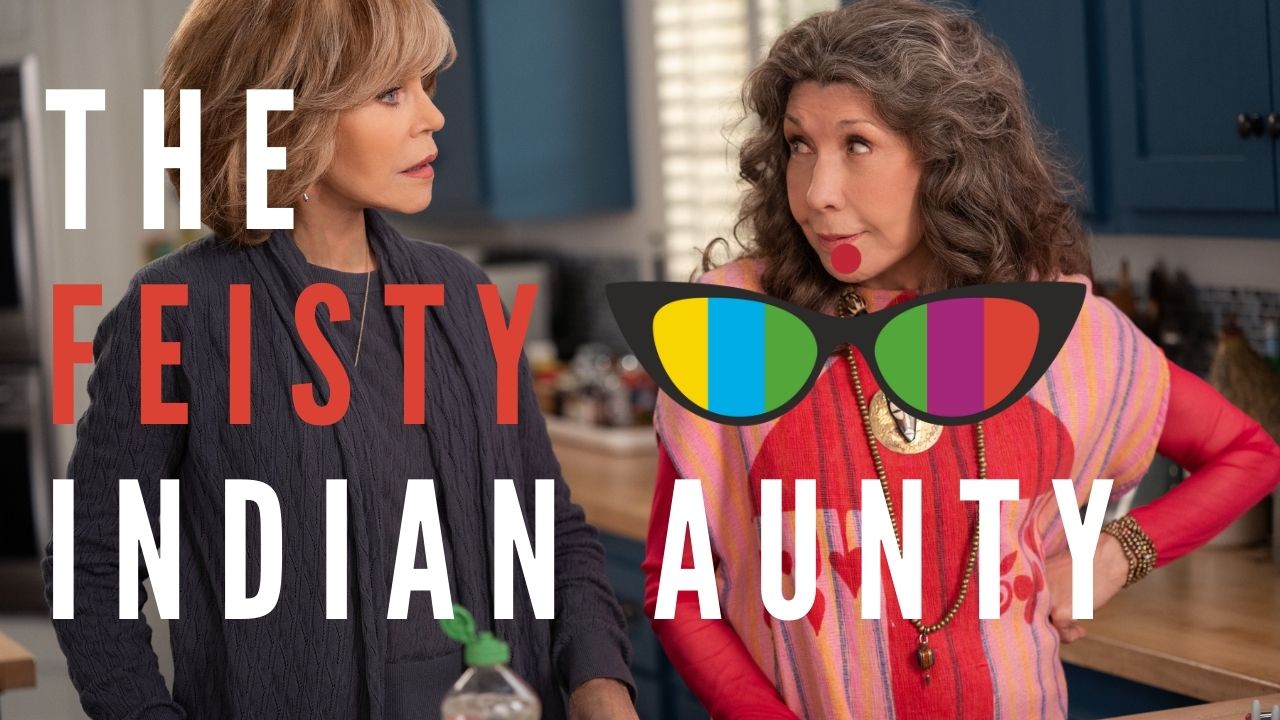
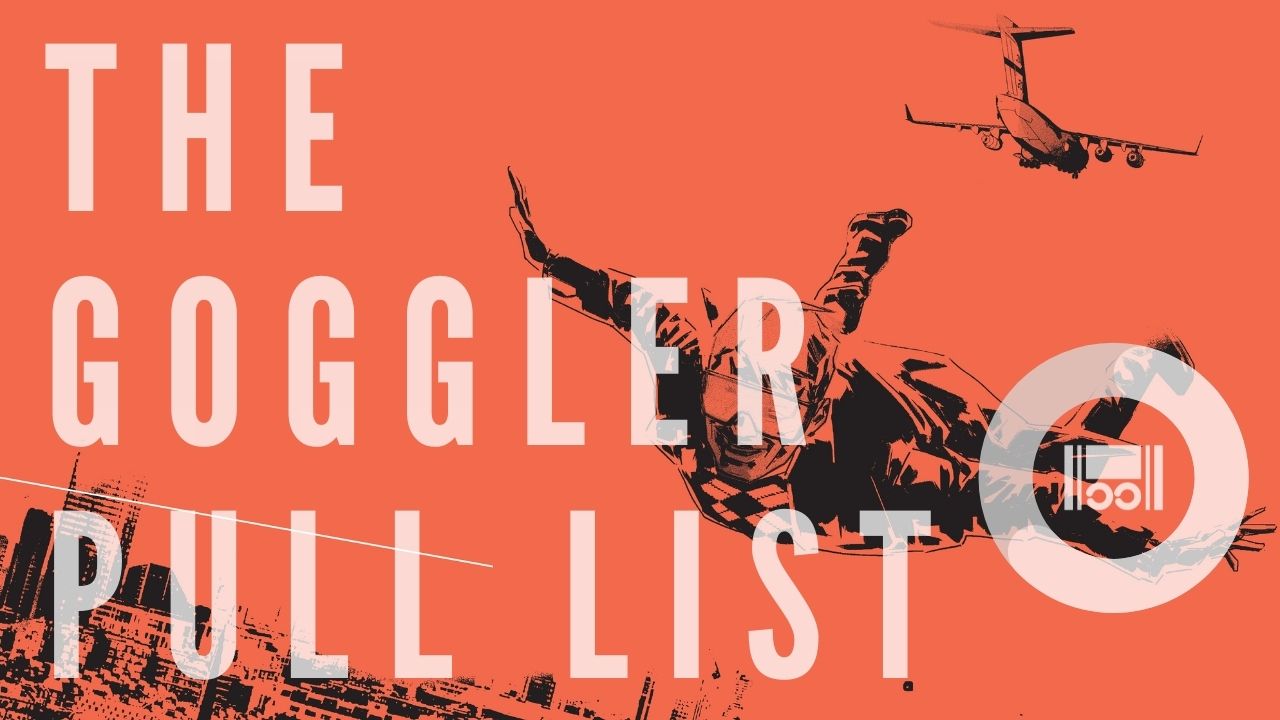
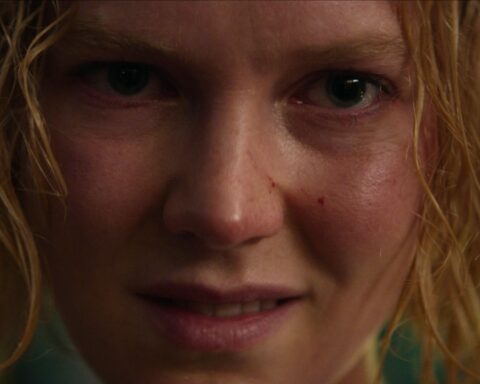

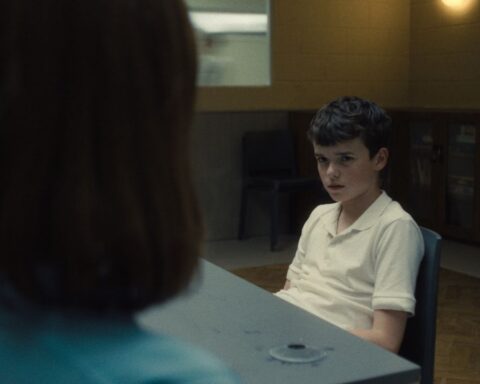
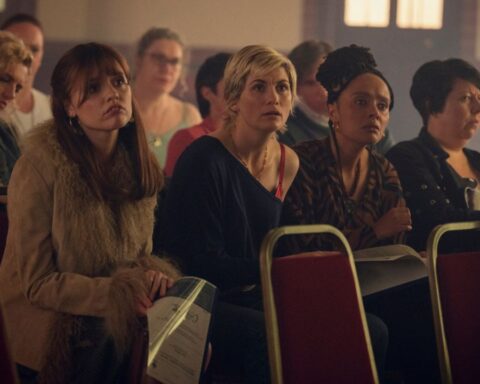
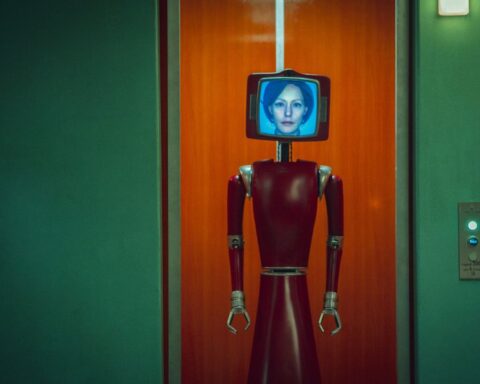
Follow Us